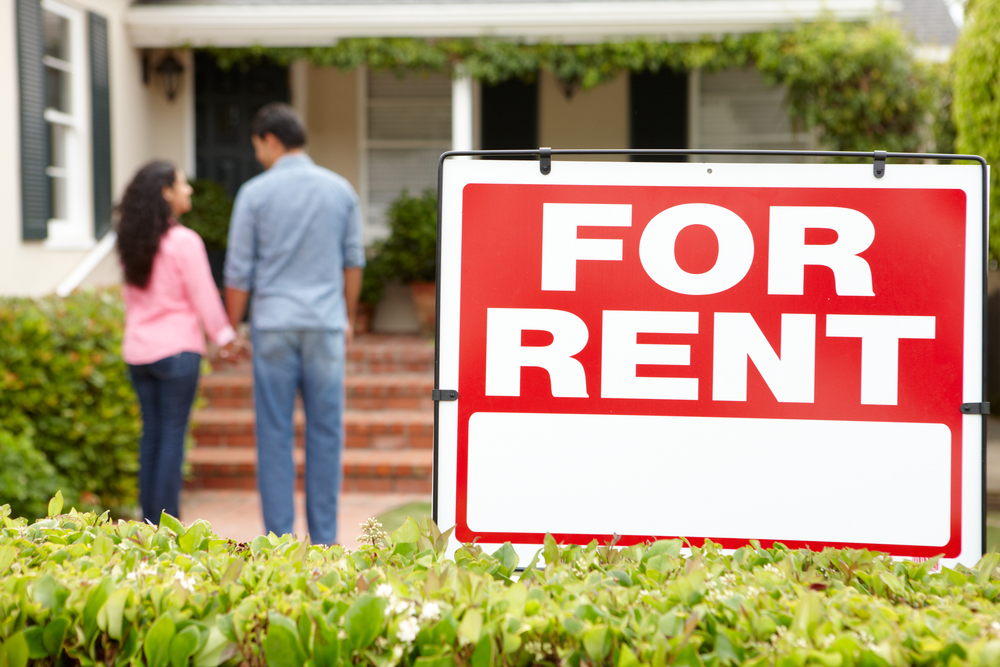
Is your landlord’s creepy behavior ruining your peace? As a tenant, you have rights. All those check-ins from your landlord, inspections, texts, or surprise visits may be crossing a legal line. While privacy laws vary by state, nearly all require landlords to respect boundaries once a tenant moves in. So, don’t brush off this behavior as “normal.” Everything from secret cameras to unauthorized entry could be flat-out illegal. Here are eight red-flag landlord behaviors you should never ignore.
1. Entering Your Apartment Without Proper Notice
Unless there’s an emergency like flooding or a fire, landlords must give advance notice, typically anywhere from 12 to 48 hours, depending on state laws, before entering your home. Showing up unannounced for “routine maintenance” or “checking the place” violates most state housing codes. So, if this happens to you, what should you do? First, document every instance in writing and send it to your landlord. You can also file a formal complaint or call law enforcement.
2. Installing Security Cameras Near or Inside Your Unit
Some cameras are fine, like exterior cameras. These can keep shared hallways or parking lots safe. But recording devices aimed at doors, windows, or worse, inside your rental, cross into surveillance territory. In most states, filming or recording tenants without consent violates privacy laws. Your landlord shouldn’t be keeping track of your comings and goings either. That could be stalking. Report it to local housing authorities immediately.
3. Showing the Property Without Telling You
Landlords can’t just bring strangers, like potential renters, contractors, or buyers, into your home without proper notice. It’s the same rules that apply for coming in for maintenance. Many states require written consent or at least 24-hour notice before showings. If your landlord repeatedly “forgets” to warn you, you’re within your rights to deny entry until proper notice is given. Even if you rent, your space is still your own to some degree.
4. Reading or Taking Your Mail
It sounds far-fetched, but some landlords steal your mail and read it. Federal law makes this a felony. Tampering with mail or withholding packages can lead to serious penalties. If you live in a shared building, consider getting a personal PO box or locker delivery option. Even if your mail gets misdelivered, it should remain unopened.
5. Turning Off Utilities to Force You Out
If your landlord cuts off water, heat, or electricity to pressure you into paying rent or moving, it’s called a constructive eviction, and it’s illegal in all 50 states. Anything that interferes with your use or enjoyment may qualify. Some landlords try subtler versions, like disconnecting Wi-Fi or ignoring repairs. Document outages, save utility notices, and contact local housing enforcement immediately.
6. Asking Personal or Financial Questions Beyond the Lease
Once you’ve signed your lease, your landlord has no right to dig into your relationship status, employment details, or personal life. Anything beyond what you put on your rental application is none of their business. Some landlords even question guests, partners, or overnight visitors. This behavior borders on harassment. Unless it directly violates lease terms, your private life isn’t their concern. Keep written records of invasive comments or messages in case the situation escalates.
7. Keeping Spare Keys or Hidden Access Points
While landlords must retain an emergency key, it doesn’t give them the right to enter at will. If you suspect unauthorized entry, install a door camera or smart lock that logs entries. You’ll just want to confirm it doesn’t violate your lease. Changing locks without permission can get tricky legally. But remember, you’re entitled to safety and peace of mind.
8. Retaliating When You File a Complaint
It’s illegal for landlords to retaliate against tenants who report safety violations, code issues, or harassment. What is considered retaliatory? Retaliation can take the form of sudden rent hikes, ignored repairs, or threats of eviction. Most states protect tenants who make good-faith complaints to health departments or housing authorities. If you’re scared to speak up, remember you’re protected by law.
Why Tenants Need to Know Their Rights
Landlords aren’t allowed to treat your home like their property once you’ve moved in. It’s your space, and you have the right to privacy and safety. Too many renters accept creepy behavior as normal, but the law says otherwise. Knowing your rights and documenting issues can stop a bad situation before it turns into a legal or personal nightmare.
Has your landlord ever crossed a line you thought might be illegal? How did you handle it? Share your experience below.
You May Also Like…
- 5 Budget-Friendly Things Your First Apartment Should Have
- 7 Dog Breeds That Are Cheap to Own and Take Care Of
- 5 Crimes That Happen in Your Neighborhood Every Day That No One Notices
- You’re Paying Too Much on All of Your Utilities by Doing These 5 Everyday Things
- 3 Budget-Friendly Ways to Make Your Apartment a Little Safer
The post 8 Creepy Things Your Landlord Does That Could Be Illegal—But Everyone Ignores appeared first on Thousandaire.







